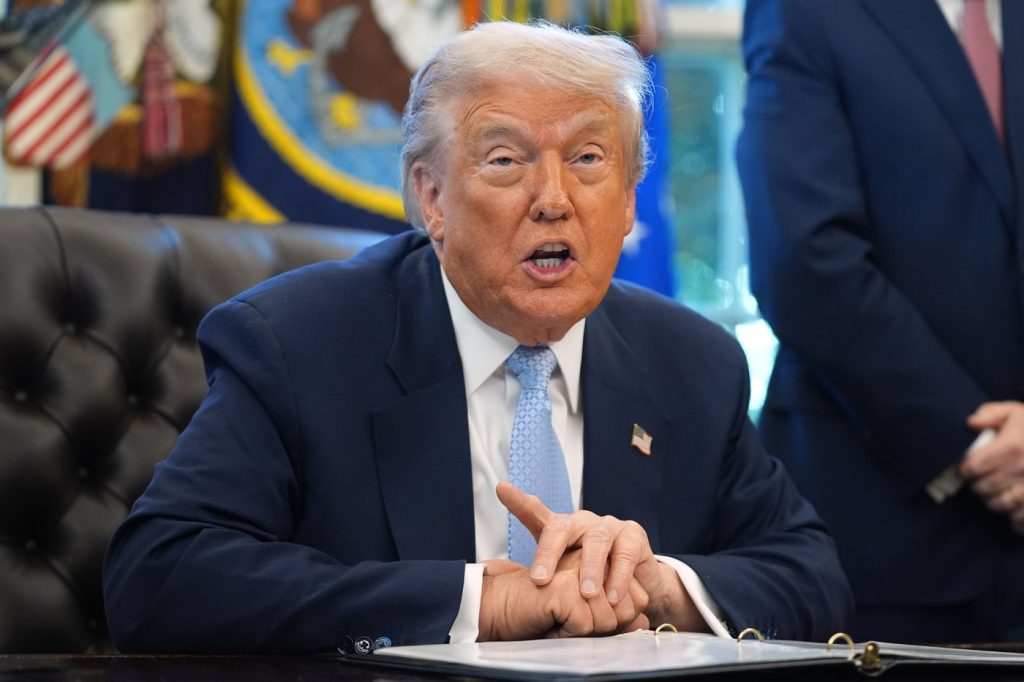On Wednesday, President Donald Trump signed legislation that mandates the release of files related to convicted sex offender Jeffrey Epstein. After facing political pressure from various factions within his party, Trump succumbed to the demands despite his initial resistance. This legislation was seen as vital in the context of ongoing investigations into Epstein’s activities and the circumstances surrounding his death in federal custody in 2019.
Previously, Trump had the option to independently release these files but chose not to do so for several months. In a social media statement announcing his signing of the bill, Trump claimed that Democrats were leveraging the Epstein issue to detract attention from the achievements of the Republican Party. He emphasized that the Epstein issue was a distraction to the GOP agenda which he wanted to move past, stating, “I just don’t want Republicans to take their eyes off all of the Victories that we’ve had.”
The new legislation necessitates that the Justice Department disclose all files and communications associated with Epstein, including information regarding the investigation into his death, within a thirty-day period. Although provisions are made for redacting the identities of Epstein's victims to protect ongoing federal investigations, any information that might be withheld due to “embarrassment, reputational harm, or political sensitivity” is explicitly prohibited from being classified. This move signifies a significant triumph for a coalition of divergent political entities pushing for greater transparency regarding Epstein's operations.
The bill gained substantial bipartisan support, passing the House with an overwhelming 427-1 vote; Rep. Clay Higgins of Louisiana was the only legislator to dissent, voicing concerns about the bill's potential to release information pertaining to innocent individuals referenced in the investigation. In the Senate, the bill was subsequently approved unanimously, which underscores a rare moment of consensus amongst lawmakers concerning an issue of public concern.
Trump's past association with Epstein has been well-documented, including their previous friendship as Epstein mingled with the elite. However, Trump has consistently maintained that he was unaware of Epstein’s criminal activities and had disengaged from him long before the allegations surfaced. Notably, amid legal and public scrutiny, some of Trump’s political allies have propagated conspiracy theories surrounding Epstein, alleging a broader cover-up related to his case.
The swift legislative response highlights a growing demand from both parties for clarity on the Epstein matter, especially as investigations continue. The cooperation of various factions, including some of Trump’s erstwhile supporters and critics, illustrates that the pursuit of transparency transcended typical partisan divides. Ultimately, this situation has exposed the complexities of political dynamics, where pressing issues provoke unexpected alliances and vigorous debate on accountability and governance.











